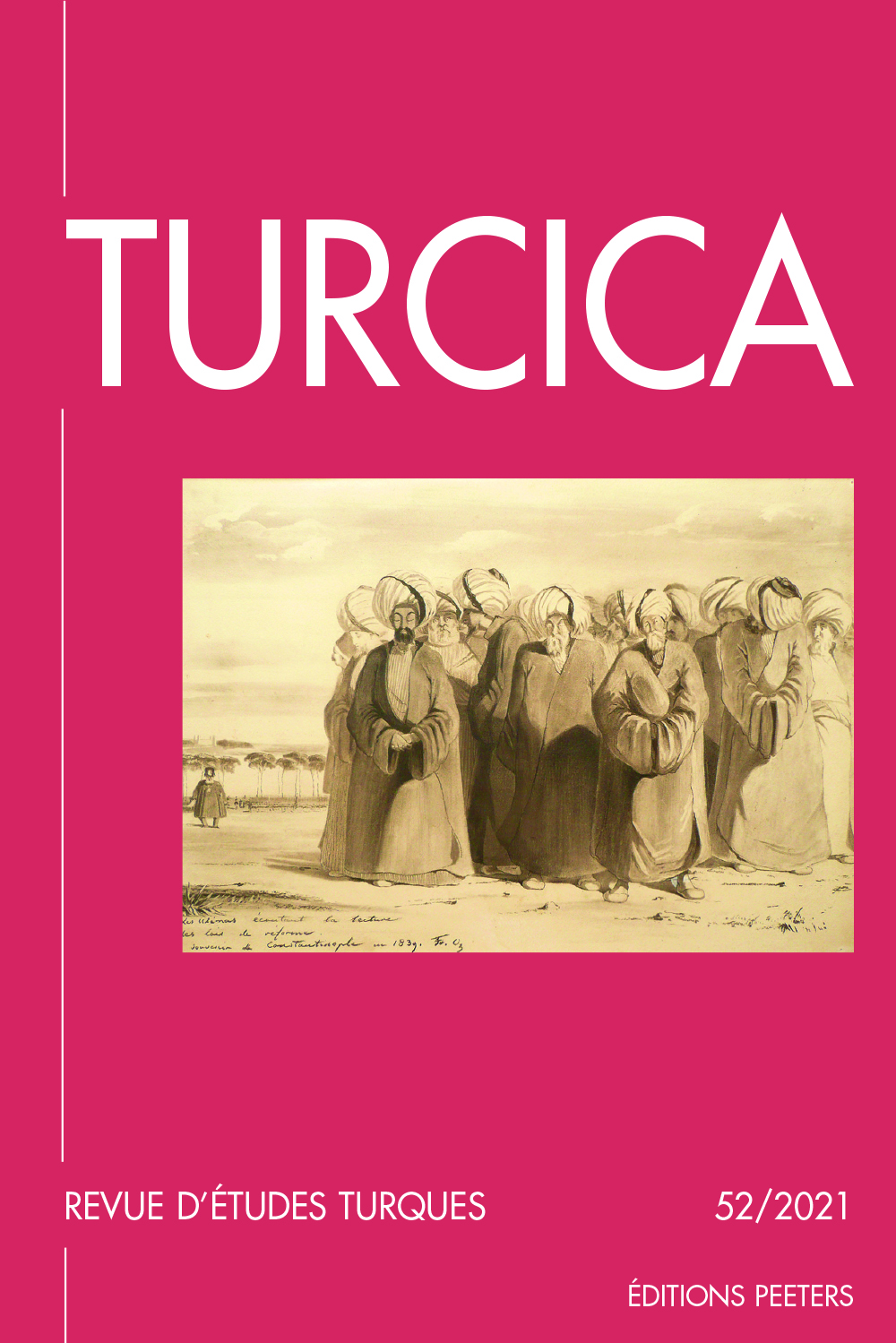 previous article in this issue previous article in this issue | next article in this issue  |

|
Document Details : Title: Power and Submission Subtitle: Gifting at Royal Circumcision Festivals in the Ottoman Empire (16th-18th Centuries) Author(s): REINDL-KIEL, Hedda Journal: Turcica Volume: 41 Date: 2009 Pages: 37-88 DOI: 10.2143/TURC.41.0.2049288 Abstract : This article deals with the gifts presented to the sultans at the three big public circumcision festivals of the Ottoman dynasty in 1582, 1675 and 1720. A comparison of the general trend gives informative insights in changes concerning literary taste, conspicuous consumption, approaches to religion and the relations between social groups. Gifts were not only paraphernalia of rank hierarchies, they were also a means of dialogue between ruler and ruled. Thus, the 'language of gifts' reflects the approach of the donors to their monarch. So, in 1582, rigid rules of protocol were observed, which loosened in later times. Furthermore, in 1582 and 1675 the offerings presented by the ruling elite and guilds displayed homogenous tendencies, while in 1720 considerable disparities emerged, probably indicating a rift in society. Cet article compare les présents offerts aux sultans lors de trois grandes fêtes de circoncision dans la dynastie ottomane, qui se sont déroulées publiquement en 1582, 1675 et 1720. Il en ressort un aperçu instructif sur les changements au niveau du goût littéraire, de la consommation ostentatoire, de la religion et aussi des relations entre les différents groupes de la société. Les cadeaux n’étaient pas seulement affaire de hiérarchies de rang, ils étaient aussi un moyen de dialogue entre souverains et administrés. Le 'language des cadeaux' reflète donc la façon dont les donateurs abordent leur monarque. Ainsi, en 1582, des règles rigides du protocole furent observées, qui se sont relâchées plus tard. De plus, en 1582 et 1675, les cadeaux offerts par l’élite dirigeante et les corporations montraient des tendances homogènes, alors qu’en 1720, des disparités considérables émergèrent, indiquant probablement une division dans la société. |
 |
